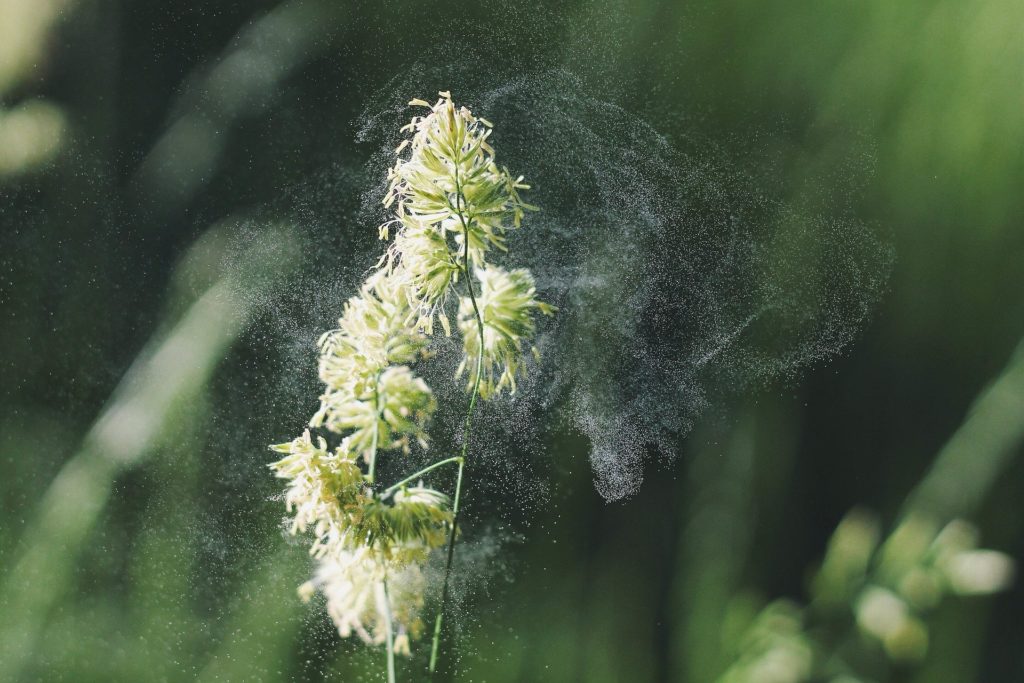When it comes to understanding your seasonal allergies, you probably have several questions. Why does my body respond this way to certain pollens? What can I do to mitigate these symptoms? Is there any way to be free from water eyes, a runny nose, and sneezing during allergy season? There are several treatment options, including allergy drops, that can help you address your symptoms and better understand your allergies.

First, when you are “allergic” to something, your body creates an allergen antibody. Then, when you come in contact with that allergen again, your body defends itself. It starts a reaction which triggers the symptoms like a runny nose, nasal congestion, or watery itchy eyes. It can also trigger the symptoms of asthma such as coughing or wheezing. This allergic reaction actually represents an over-active immune system.
So, if you think you are allergic to a particular tree, weed, grass, etc., the best option, at least in the beginning, is to avoid that allergen when it is pollinating. You can click the “pollen count” link on our website to find out what pollens are currently high in our area. Do your best to stay indoors, keep the windows closed, and especially avoid windy days outside.
Then, schedule an allergy test with Dr. Hallett’s office. A board certified allergist performs the test and then you know exactly what you’re allergic to. You may be surprised!
Next, the allergist can prepare an allergy immunotherapy extract or serum. This is unique to each patient and can then be used for allergy shots or drops to help rebalance your immune system and prevent over reactions to those pollens.
Finally, you’ll have the opportunity to talk with your allergist about which option is right for you. Allergy shots and allergy drops are both options to consider. Allergy shots are widely used, but often it’s hard to find time to come into the office for weekly injections. Allergy drops however, offer “a safe and effective alternative to weekly injections.” Patients take a daily dose of their allergy drop extract and advance through build up dilutions to reach their maintenance dose in just one month. Allergy drops have been refined in Europe over the past 25 years and have shown excellent benefit when used in patients who are most affected by a limited number of allergens, perhaps 10-15 relevant sensitivities.